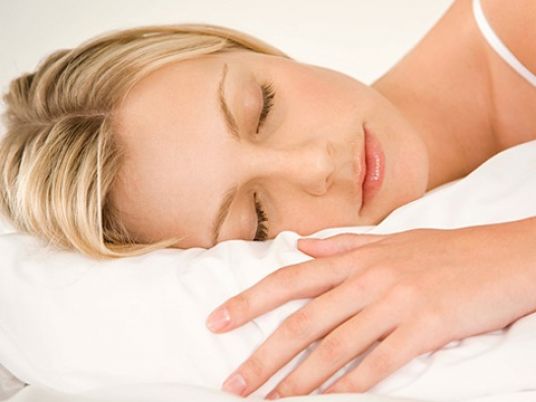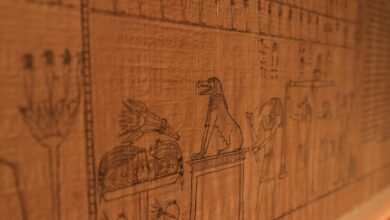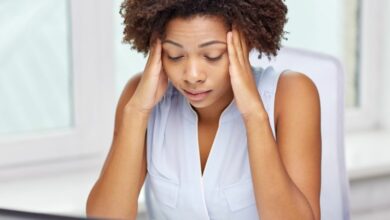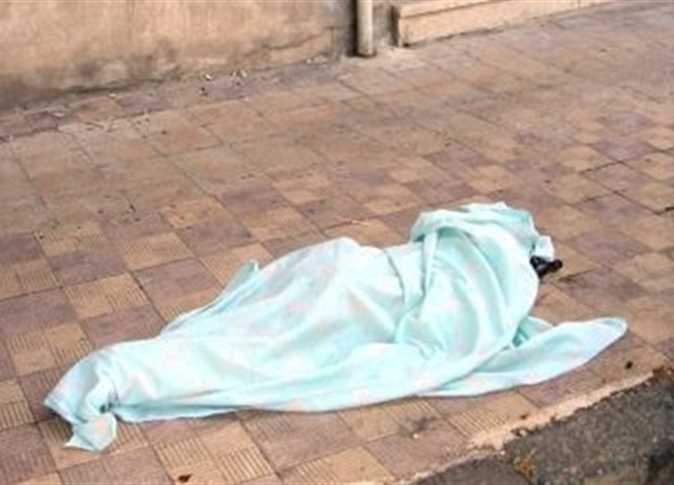
Depression and low quality of life may contribute to erectile dysfunction in men with sleep apnea, a Korean study suggests.
Sleep apnea, a common disorder that leads to disrupted breathing or shallow breaths during slumber, has long been tied sexual health problems, researchers note in the Journal of Sexual Medicine.
But the current study focused on why some men with sleep apnea may have more difficulty getting or maintaining erections and found the severity of sleep problems may not matter as much as whether the men were suffering from depression.
“Although the severity of obstructive sleep apnea is one of the risk factors for erectile dysfunction, the depression is likely to have a bigger impact,” said senior study author Hyun-Woo Shin of Seoul National University.
“Doctors should worry about erectile dysfunction if men show depressive symptoms, even in mild or moderate obstructive sleep apnea patients,” Shin added by email.
To understand what might contribute to erectile dysfunction in sleep apnea patients, Shin and colleagues reviewed data on more than 700 men treated at Seoul National Hospital for snoring or daytime sleepiness from 2006 to 2014.
On average, the men were around 45 years old, and 93 percent of them were diagnosed with obstructive sleep apnea.
Men with more severe sleep apnea were more likely to be older and more overweight than those with milder apnea.
Researchers didn’t find a connection between the frequency of erectile dysfunction and the severity of obstructive sleep apnea.
When researchers adjusted for factors such as age, weight relative to height, high blood pressure and diabetes, the men with depressive symptoms were more than twice as likely to have erectile dysfunction as the men without these issues.
Researchers did another analysis, adjusting for all of these variables as well as for factors like breathing abilities and low quality of life, and still found depression increased the odds of erectile dysfunction by 68 percent.
Limitations of the study include looking at people at a single point in time, which makes it impossible to see whether depression actually causes erectile dysfunction in sleep apnea patients, the authors acknowledge.
The study also relied on data only from people with sleep problems who went to a sleep clinic for help, which may make the findings less applicable to other men in the general population, the authors note.
Some previous research, however, has linked treatments to reduce sleep apnea to improvements in erectile function.
Many sleep apnea patients worldwide wear breathing masks connected to a machine that provides continuous positive airway pressure (CPAP), which splints the airway open with an airstream so the upper airway can’t collapse during sleep.
While the precise connection between this treatment and reduced erectile dysfunction isn’t clear, one theory is that lack of rest from sleep apnea might lead to lower testosterone levels. Another possibility is that sleep apnea might impact what’s known as the parasympathetic nervous system, which is responsible for many bodily functions including sexual arousal.
“CPAP is an effective treatment reducing sleep disordered breathing and related symptoms,” Dr. Ferran Barbe, of the Arnau de Vilanova University Hospital and Hospital Santa Maria in Lleida, Spain, said by email.
Another option is an alternative known as mandibular advancement devices (MAD), which open up space in the airway by pushing out the lower jawbone to make it less likely that the upper airway collapses during sleep, Barbe, who wasn’t involved in the study, said by email.
“Both devices act in the same way,” Barbe added.




